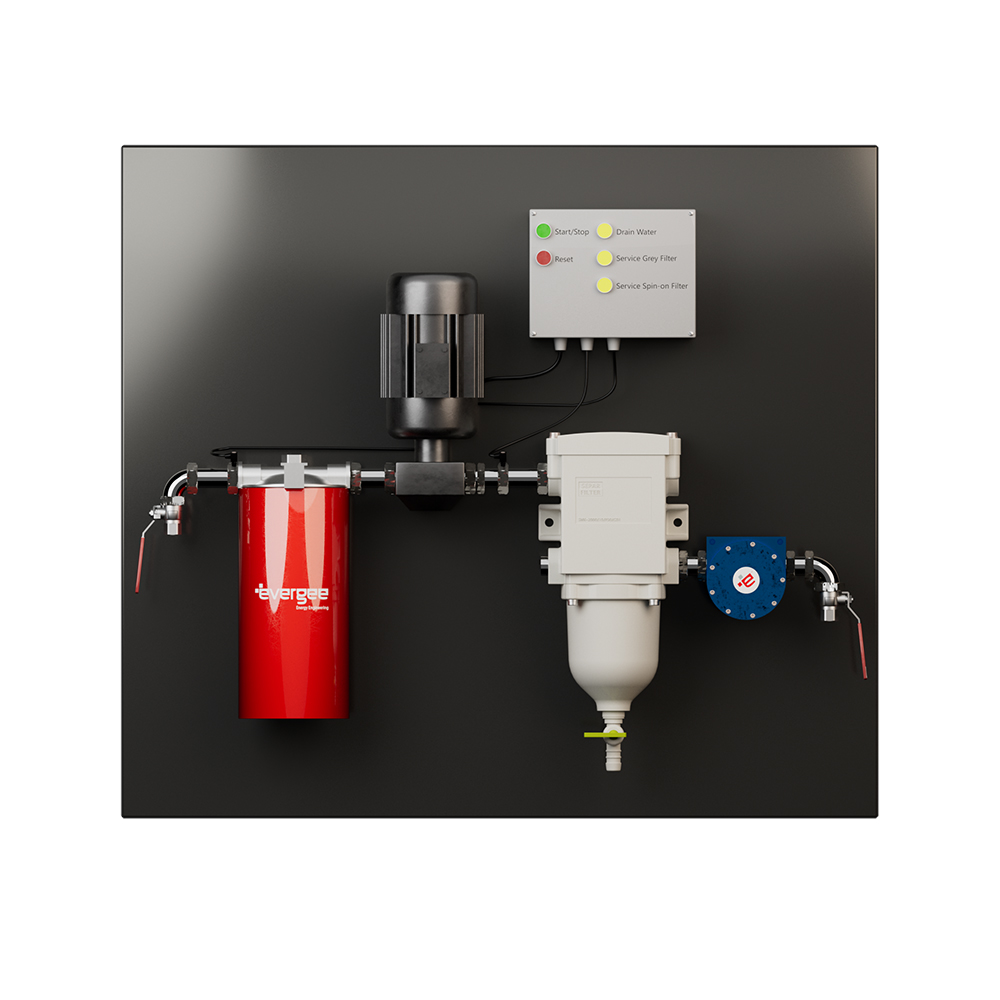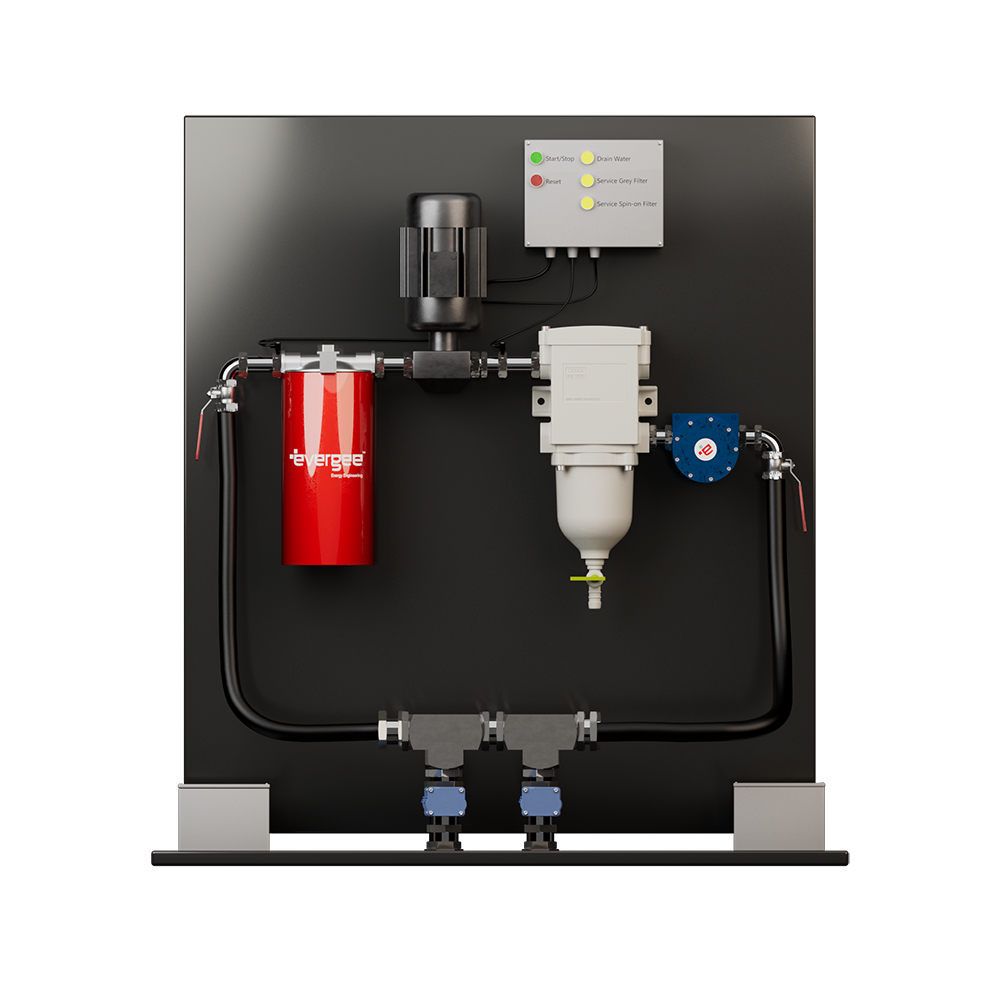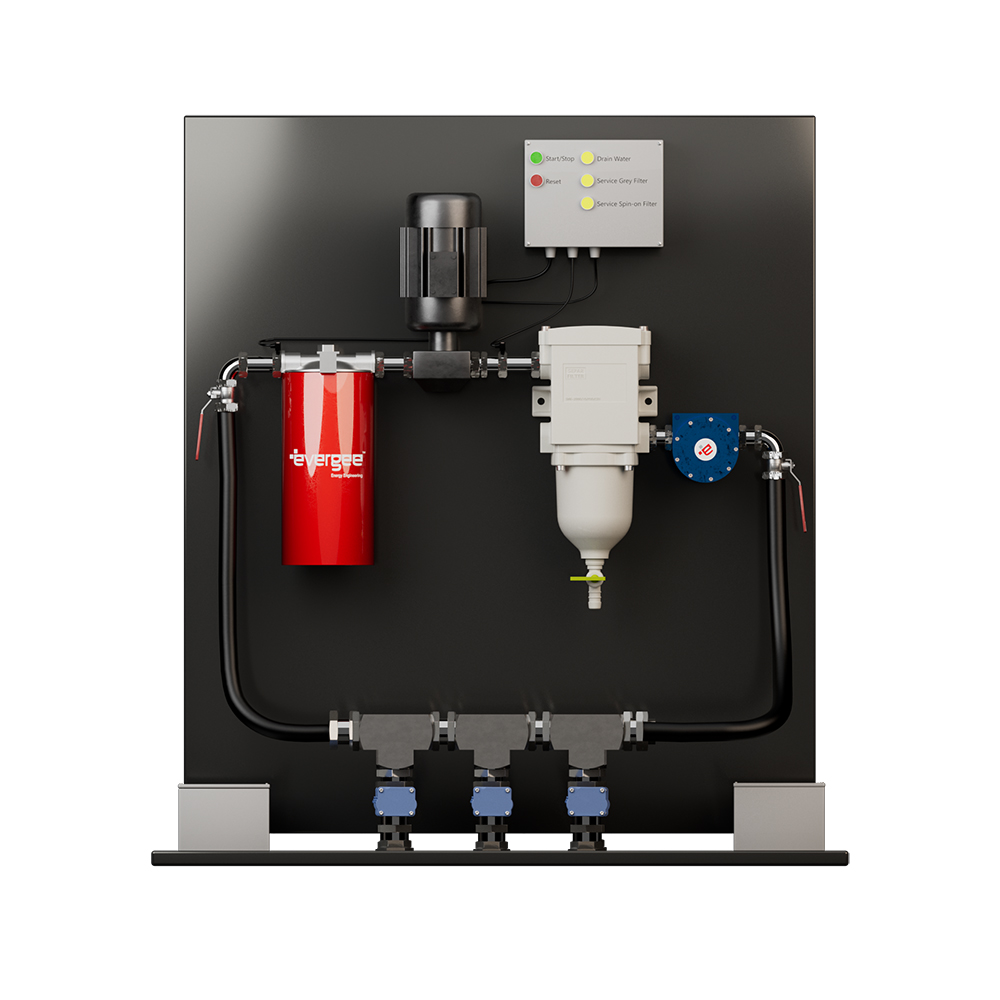Fuel Maintenance Polishing Systems: Key Features and Benefits
Fuel maintenance polishing systems play a crucial role in maintaining the cleanliness and quality of fuel used in various applications, from vehicles to industrial machinery. These systems are designed to remove contaminants and impurities from fuel, ensuring optimal engine performance and longevity.
How do fuel maintenance polishing systems work?
Fuel polishing systems typically consist of a series of filters and separators that remove water, sediment, microbial growth, and other contaminants from fuel. The process begins with the fuel being drawn from the tank through a pump and passed through multiple stages of filtration. Each stage targets different types of contaminants, ranging from large particles to microscopic impurities.
Benefits of fuel maintenance polishing systems:
- Improved engine performance: By removing impurities from the fuel, polishing systems help prevent clogging of fuel injectors and filters, leading to smoother engine operation and better fuel efficiency.
- Extended engine life: Cleaner fuel reduces wear and tear on engine components, prolonging the lifespan of critical parts and reducing the need for costly repairs or replacements.
- Prevention of fuel-related issues: Contaminated fuel can lead to a range of problems, including fuel system corrosion, injector fouling, and engine stalling. Fuel polishing systems mitigate these risks by maintaining fuel cleanliness.
- Protection against microbial growth: Microorganisms such as bacteria and fungi can thrive in fuel tanks, causing degradation of fuel quality and potential damage to engine components. Fuel polishing systems remove water from the fuel, eliminating the moisture that microbes need to survive.
- Compliance with regulations: In many industries, there are strict regulations governing fuel quality and emissions. Fuel polishing systems help ensure compliance with these regulations by keeping fuel clean and free of contaminants.
Types of fuel maintenance polishing systems:
Fuel polishing systems come in various configurations to suit different applications and fuel storage setups. Some systems are designed for use with diesel fuel, while others are compatible with gasoline or aviation fuel. Additionally, fuel polishing systems may vary in size and capacity, ranging from compact units for small tanks to larger systems for commercial or industrial facilities.
Conclusion:
Fuel maintenance polishing systems are essential for maintaining the quality and reliability of fuel supplies in diverse settings. By removing contaminants and impurities, these systems help protect engines from damage, improve performance, and ensure compliance with regulatory standards. Investing in a fuel polishing system can lead to long-term cost savings and peace of mind for operators reliant on clean fuel.



